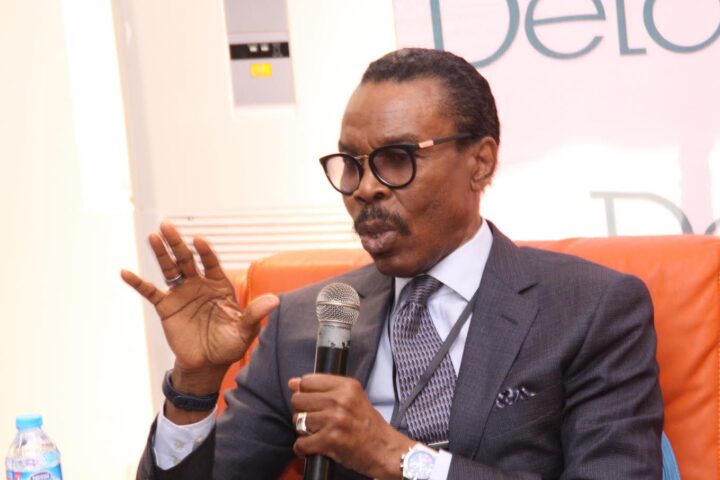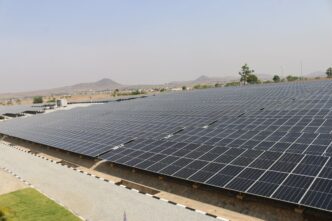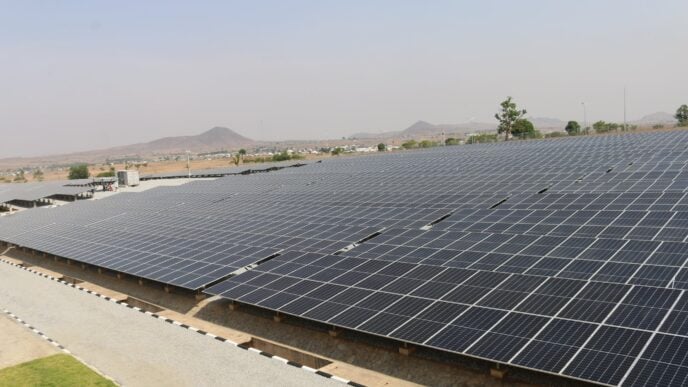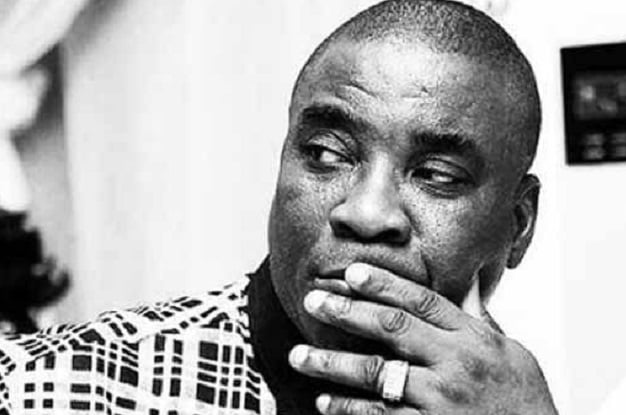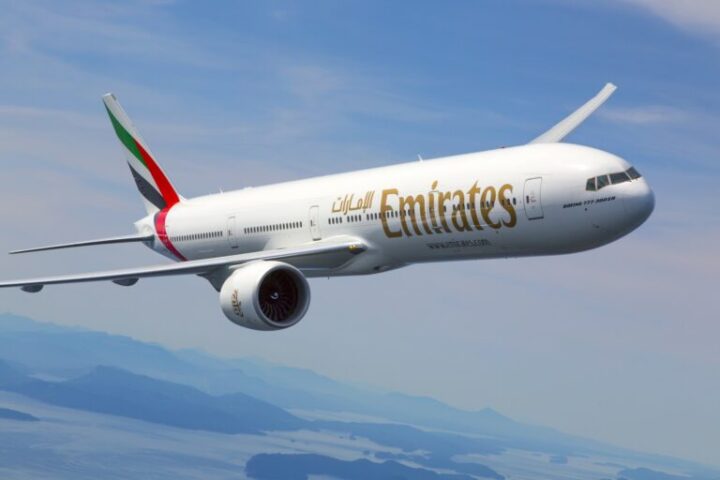Bismarck Rewane, the chief executive officer (CEO) of Financial Derivatives Company (FDC), says five out of Nigeria’s 23 active domestic airlines control 75 percent of air traffic.
Rewane spoke on ‘Aviation Financing in Nigeria: Risks, Opportunities and Prospects,’ during the annual conference of the League of Airports and Aviation Correspondents (LAAC) on Thursday.
He said domestic passenger traffic fell for the second consecutive year to 11.5 million in 2024.
The economist added that the air transport sector contracted by 0.81 percent in the first quarter of 2025 — the sixth consecutive quarterly decline.
Advertisement
“Nigeria has 23 active domestic airlines, however 5 airlines control 75% of traffic. The industry is fragmented,” Rewane said.
According to the CEO, Nigeria operates 32 airports, but only 20 were considered viable in 2024, while 92 to 96 percent of traffic flows through just four airports.
Speaking on revenue losses, he said poor infrastructure cost Nigeria’s aviation sector $3.5 billion between 2020 and 2022.
Advertisement
On airport performance, Rewane said the Murtala Mohammed International Airport in Lagos processes 6.5 million passengers annually, with the federal government spending $1.75 billion to run the facility.
Rewane, comparing the airport to other parts of the world, said Los Angeles International, USA, processes 76.5 million passengers and spends $3.5 billion.
He said Heathrow in the United Kingdom (UK) processes 83.9 million passengers and spends $15.6 billion; Chicago O’Hare International, USA, processes 58 million passengers and spends $4.5 billion; while Dubai International, UAE, processes 92 million passengers and spends $4 billion.
The FDC CEO said the sector needs consolidation and the development of a competitive hub system — preferably in Lagos and Abuja.
Advertisement
“We need very strong and effective regulation for safety; concessions and PPPs should be prioritised for airport upgrades to aid national fiscal sustainability and avoid inefficient operations,” he said.
“There should be investment in local maintenance, repair and overhaul hubs.”
Rewane also asked the government to focus on policy and regulation rather than directly running airlines or building airports.
He added that policy consistency is crucial for rebuilding trust with global investors and attracting global aviation capital.
Advertisement
